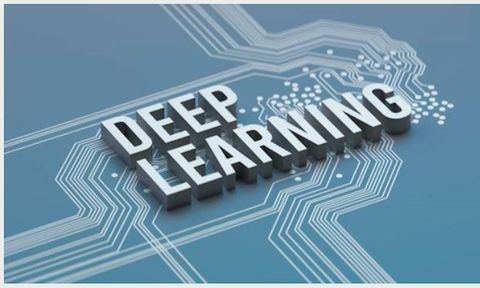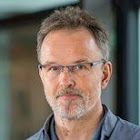
Background and job description
One million men receive a diagnosis of prostate cancer, and three hundred thousand die from prostate cancer each year worldwide. Magnetic Resonance Imaging (MRI) is a current breakthrough in diagnosing and treating prostate cancer. MRI can detect clinically significant prostate cancers at an early, potentially more curable stage avoiding unnecessary biopsies. MRI can also guide minimally invasive interventions allowing for precise targeting of the tumor and fast recovery of the patient. The speed of current MRI systems is a problem. Diagnostic multiparametric-MRI (mpMRI) examination of the prostate can be performed in approximately 40 minutes. An MRI-guided therapeutic intervention requires 1-2 hours. For healthcare to handle the increasing number of patients who require a diagnostic or interventional procedure, new technology is necessary to reduce scan time without compromising diagnostic or interventional image quality. Recent research in Deep Learning reconstruction show feasibility in speeding up MRI, but at the risk of affecting diagnostic quality. Another novel option is to automatically steer MRI during an intervention. We believe that combining both approaches with our available expert diagnostic Deep Learning expertise can significantly speed up diagnostic and interventional MRI. A new project called FastMRI aims to develop novel diagnostic reconstruction and steering technology. FastMRI will explore and validate novel deep learning algorithms that integrate available expert diagnostic algorithms combined with the exploration of dedicated MRI sequences. Partners involved in FastMRI are the UMCG, RadboudUMC, and University of Twente. FastMRI is co-funded by Health~Holland, Top Sector Life Sciences & Health, in a public-private partnership with Siemens Healthineers. In total, five full-time PhDs will work on this project. This vacancy is for two Ph.D. positions in RadboudUMC in the Diagnostic Image Analysis Group (DIAG). These Ph.D.s will focus on core research in Deep Learning algorithms for reconstruction and steering from raw k-space MRI data. Profile
You should be a highly motivated, creative, and enthusiastic researcher with an MSc degree in Computer Science, Data Science, Physics, Mathematics, Engineering, or related. You have a thorough theoretical understanding of deep learning and can adapt deep learning algorithms. You have a good knowledge of image reconstruction and MRI. The research should result in a Ph.D. thesis, requiring you to have good communication skills to excel at presenting results at scientific meetings and in scientific journals.
Organization
DIAG is an internationally renowned group on deep learning for medical imaging. The DIAG PhDs will research deep learning models for reconstruction and steering in diagnosis and intervention. You will work in a large group of skilled deep learning researchers in an agile, clinically targetted approach.
The PhDs will work at DIAG (diagnijmegen.nl) in strong collaboration with the other scientific and industrial partners in the FastMRI project. DIAG currently has 50 deep learning researchers focused on various medical image analysis topics. The focus of DIAG is the development and validation of novel methods in a broad range of medical imaging applications. Application areas include neuro, breast, prostate, lung, pancreas and retina imaging and digital pathology. The key to the success of DIAG is close cooperation with clinicians. A team of scientific programmers supports deep learning research, maintaining a large cluster of computers equipped with high-end GPUs for large-scale experimentation. The Diagnostic Image Analysis Group (DIAG) is a research division of the Departments of Radiology and Nuclear Medicine/Pathology of the Radboud University Medical Center Nijmegen. Nijmegen is the oldest Dutch city with a rich history and one of the liveliest city centers in the Netherlands. Radboud University has over 17,000 students. Radboud UMC is a leading academic center for medical science, education, and healthcare with over 8,500 staff and 3,000 students.
Applications
Please apply before 02-07-2012 via this page. Your application must include a motivation letter that clearly explains your match to ALL aspects of the requested profile. Your letter is supplemented by a complete CV, summary grades, your code, and your publications. Questions can be directed to Henkjan Huisman or Jurgen Futterer.
Information
For more information please contact Henkjan Huisman by e-mail.
